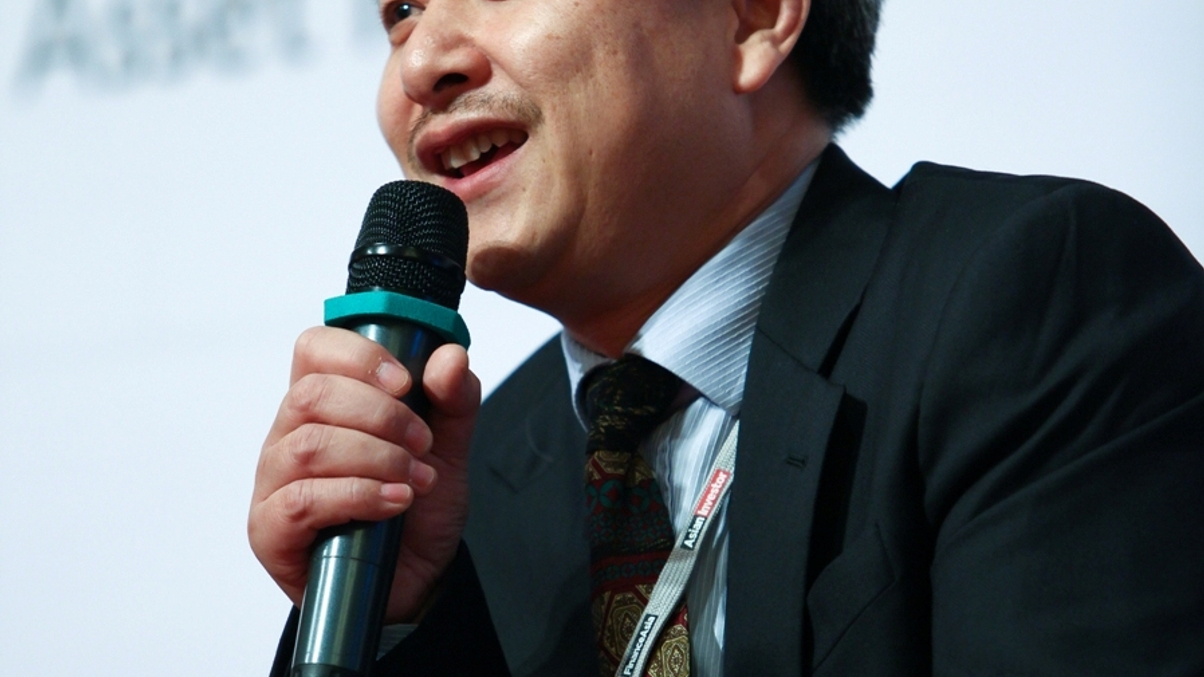Investors wanted by Chinese contractors for Brazil deals
Institutional investors are needed to bridge the gap between Chinese contractors’ preference for government-supported borrowing and Brazil’s project finance needs.

The largest Hong Kong-listed Chinese infrastructure company is calling for investors and financial institutions to team up with its overseas arm to tap opportunities building infrastructure projects in Brazil.
Sign in to read on!
Registered users get 2 free articles in 30 days.
Subscribers have full unlimited access to AsianInvestor
Not signed up? New users get 2 free articles per month, plus a 7-day unlimited free trial.
¬ Haymarket Media Limited. All rights reserved.


